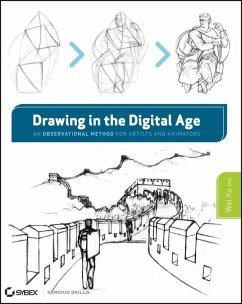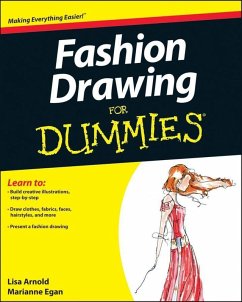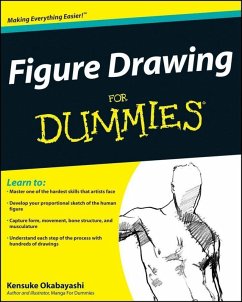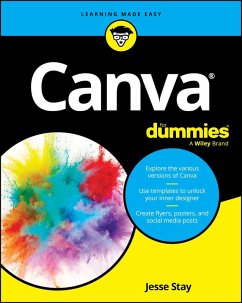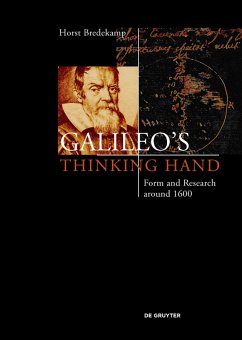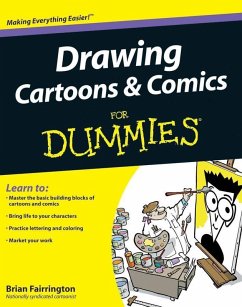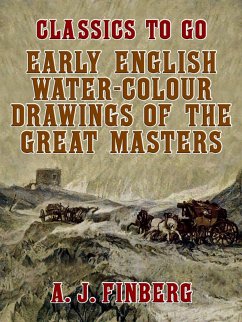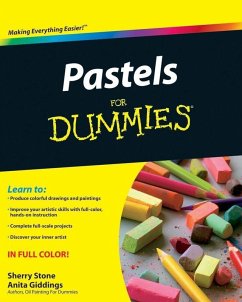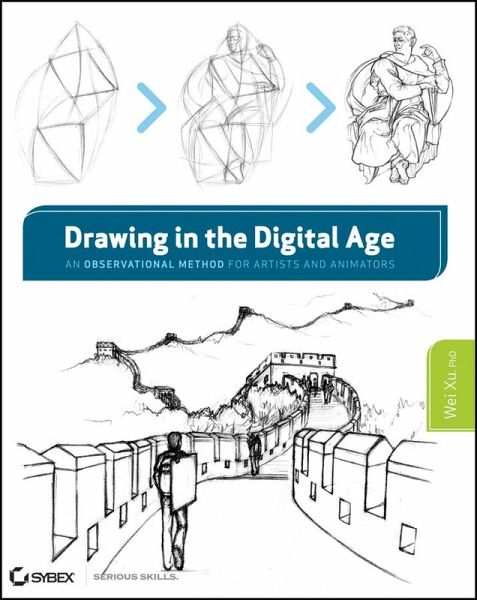
Drawing in the Digital Age (eBook, ePUB)
An Observational Method for Artists and Animators

PAYBACK Punkte
0 °P sammeln!
A solid foundation for improving your drawing skillsTeaching a new observational method based on math and computer graphics principles, this book offers an innovative approach that shows you how to use both sides of your brain to make drawing easier and more accurate. Author Wei Xu, PhD, walks you through his method, which consists of scientific theories and principles to deliver real-world techniques that will improve your drawing skills. Xu's pioneering approach offers a solid foundation for both traditional and CG artists. Encourages you to use both sides of your brain for drawing with the...
A solid foundation for improving your drawing skills
Teaching a new observational method based on math and computer graphics principles, this book offers an innovative approach that shows you how to use both sides of your brain to make drawing easier and more accurate. Author Wei Xu, PhD, walks you through his method, which consists of scientific theories and principles to deliver real-world techniques that will improve your drawing skills. Xu's pioneering approach offers a solid foundation for both traditional and CG artists.
If you are eager to learn how to draw, then this book is a must read.
Teaching a new observational method based on math and computer graphics principles, this book offers an innovative approach that shows you how to use both sides of your brain to make drawing easier and more accurate. Author Wei Xu, PhD, walks you through his method, which consists of scientific theories and principles to deliver real-world techniques that will improve your drawing skills. Xu's pioneering approach offers a solid foundation for both traditional and CG artists.
- Encourages you to use both sides of your brain for drawing with the highest efficiency possible
- Introduces an innovative method invented by the author for improving your drawing skills
If you are eager to learn how to draw, then this book is a must read.
Dieser Download kann aus rechtlichen Gründen nur mit Rechnungsadresse in D ausgeliefert werden.




